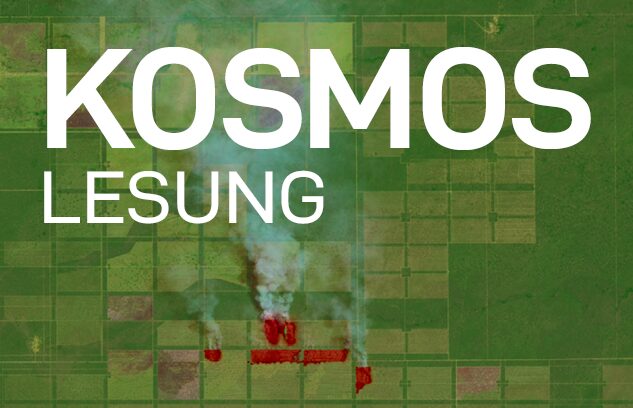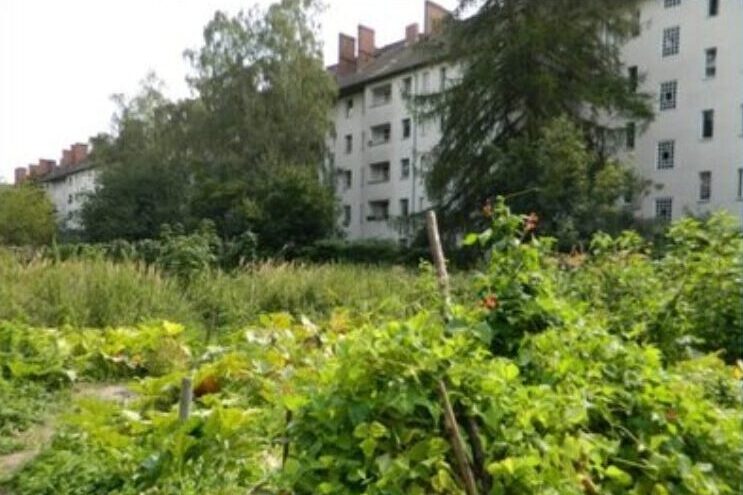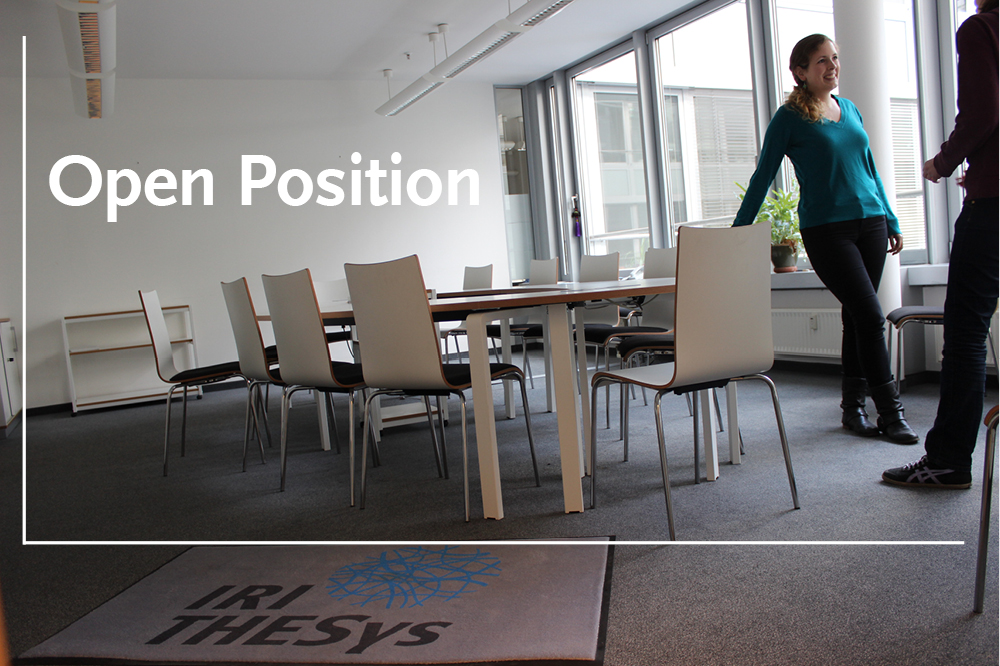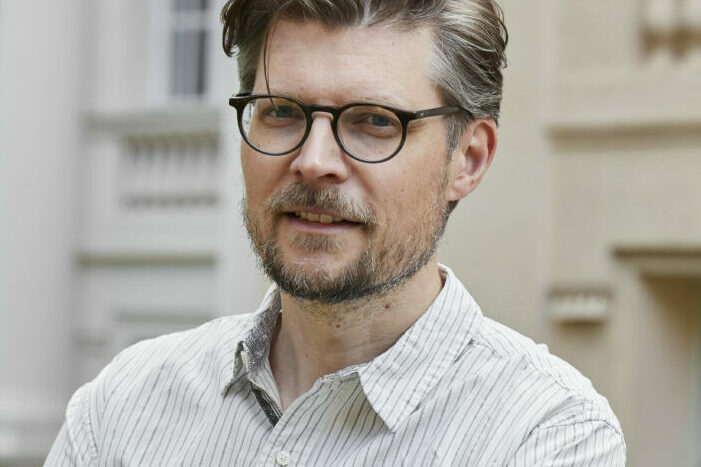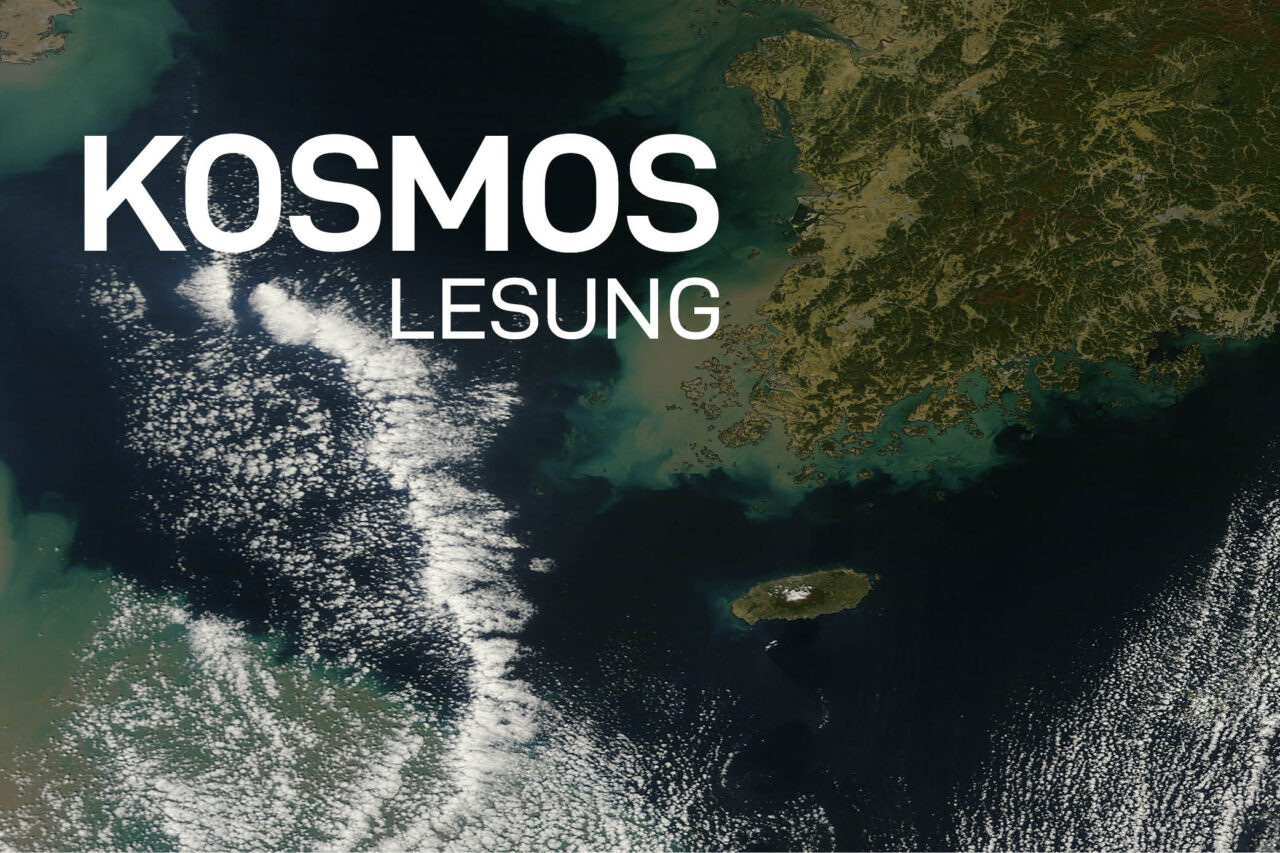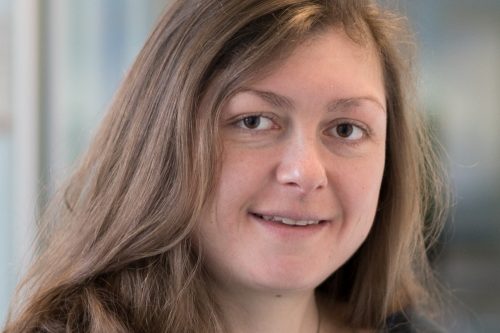On 31 May 2024, THESys Member Hermann Lotze-Campen (PIK) gave a KOSMOS-Lesung at HU Berlin.
In his lecture “Eine umfassende Agrar- und Ernährungstransformation ist möglich – und sie ist von zentraler Bedeutung für eine nachhaltige Ausgestaltung des Anthropozäns”, the agricultural economist started out by emphasising that the development of agriculture and food systems can be told as a success story.
In short, agricultural productivity has shown enormous progress and yields per ha have been on the rise. At the same time, the consequences of food production for the environment are considerable. At a global scale, agriculture and food production account for more than 30 per cent of the climate-relevant emissions. That agriculture causes severe biodiversity losses is commonplace. And, as Herman Lotze-Campen explained, agriculture has also led to the transgression of the planetary boundary for biogeochemical flows (phosphor and nitrogen).
A major challenge for a successful transformation of agricultural and food systems is to reduce nitrogen emissions into the environment. The most important lever is a change in diet towards a largely plant-based diet that would go hand in hand with a significant reduction of livestock since livestock farming and the production of meat and dairy products are heavily associated with nitrogen emissions.
The good news, Hermann Lotze-Campen argued, is that if people around the world follow the Earth Health Diet described by the EAT-Lancet Commission then the comprehensive transformation of the agricultural and food systems will pay off ecologically as well as economically.
During the lively discussion with the audience, which was chaired by THESys Member Sabine Fuss (MCC), it became clear that bringing the envisaged change about is, of course, quite challenging. It is a tricky challenge that must be addressed by politicians and other players also outside the agricultural sector.
Video recording
The video recording of the lecture is now available soon on YouTube.



